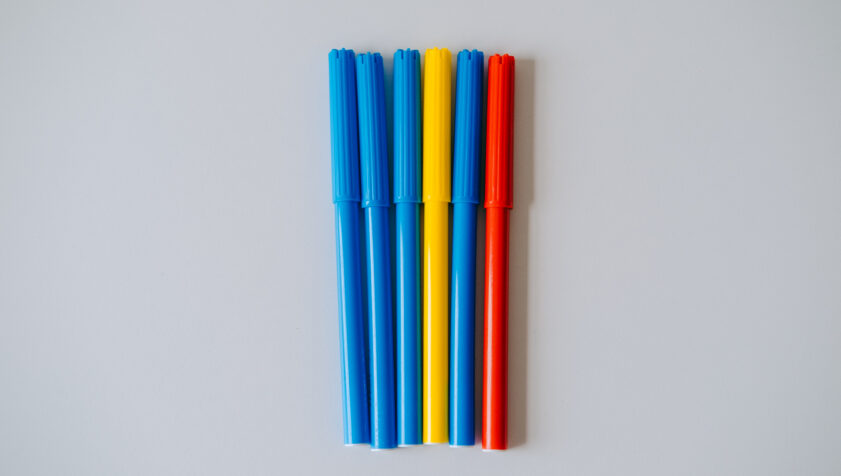“But I’m not good at art; I’m not creative enough!”
This common limiting belief, whether voiced by yourself or someone close to you, often hinders the desire to try new things, build something unique, or express yourself freely. I refer to it as a “belief” for a reason that it is not a fact rooted in reality but mainly a thought in your mind you choose to embrace. But what if I told you that, by our very nature, we are all creative individuals?
The English word “create” comes from the Latin word “creare,” meaning “to make” or “produce.” Over time, the concept of creativity expanded from its origin and became associated more specifically with originality, imagination, and fine arts, as we often understand it today. However, creativity is never truly limited to fine arts alone. There are countless ways to make and produce something or express your imagination and originality.
However, creativity is never truly limited to fine arts alone. There are countless ways to make and produce something or express your imagination and originality.
Have you ever improvised a recipe when missing an ingredient? Have you envisioned rearranging your home décor or found yourself knitting on a random evening, completely immersed in the task? Perhaps you’ve engaged in a lively conversation filled with back-and-forth ideas and questions. These moments are all examples of creativity manifesting in your life in different ways. While familiar forms of expression, like painting, playing an instrument, or dancing, are celebrated, they don’t diminish the value of other forms of creativity. You don’t have to be “an artist” to be creative. In truth, we are all “artists” in our own ways, even if not professionally.
So, why create? If you doubt your ability to execute a creative task, another limiting belief
may arise: “There’s always someone who can do it better than me, so why should I even try?”. This mindset
often prioritizes the end product over the creative process itself. Society tends to focus on results—judging
whether they’re productive or profitable—rather than appreciating the act of creating for its own sake. Yet,
the true magic, joy, and playfulness of creativity lie in the process, not just the result. Engaging in creative
activities also offers significant mental health benefits, not just through the final result, but through the
process itself. Immersing yourself in a creative task allows you to process emotions in a soothing, nonconfrontational way, while also providing an outlet for self-expression. This, in turn, strengthens your sense of independence, boosts self-confidence, and enhances your ability in problem solving.
Creativity also encourages a return to play, offering a safe space to explore imagination and improvisation without rigid rules. This reflective and freeing process can be incredibly therapeutic, helping you articulate thoughts and
feelings in a nurturing environment rather than suppressing them.
So, believe this: you don’t need to be “good at creating” to enjoy the act of creation.
You can create simply for the joy of it, whether in cooking, conversations, or small moments in your day. Trust in the
limitlessness of your creativity—naturally, when you’re truly thinking ‘out of the box,’ there are no borders
for it.
Photo by @crossroadswithjo
